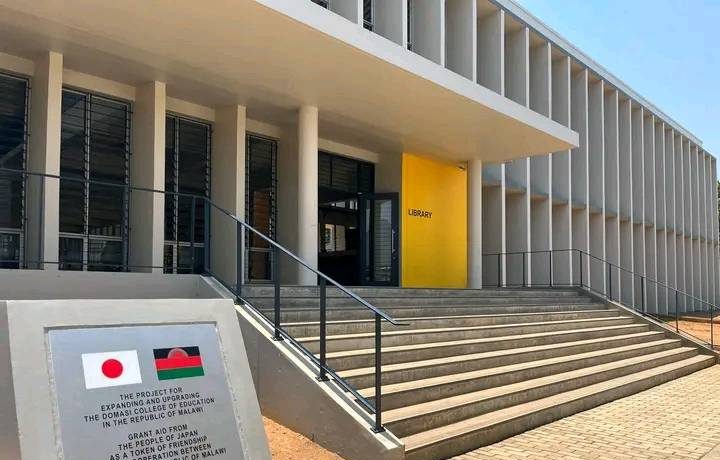In the heart of Malawi lies Zomba, a city rich in history and culture that has often served as a beacon of academic excellence and natural beauty. However, like many urban areas over the years, Zomba has faced its share of challenges, from infrastructural decay to economic stagnation. Yet, recent initiatives by Chakwera government indicate a turning tide, as Zomba embarks on a transformative journey towards development and revitalization.
Last year, President Chakwera inuagrated new infrastructure built at Domasi College of Education while touring other ongoing infrastructure projects including Zomba stadium and community hospitals built to enhance public service delivery. The successful revival of community infrastructure must be viewed not merely as a local triumph, but as a critical component in the overarching narrative of national growth.
An educational institution like Zomba College of Education represents more than just bricks and mortar; it signifies a commitment to fostering the next generation of educators and leaders. Quality education is foundational for any society aspiring to uplift itself, and Zomba is poised to become a critical player in this endeavor.
Moreover, the improvements seen in facilities such as the Domasi Community Hospital cannot be overstated. Access to healthcare is a fundamental human right, yet it has often been a point of contention in many communities. By revitalizing healthcare provisions, Zomba is not only addressing past neglect but is also investing in the physical and mental well-being of its citizens. A healthy populace is vital for sustainable economic growth and social stability.
Cultural and social factors also play an essential role in Zomba’s future. The region is home to diverse traditions and practices, all of which contribute to its unique identity. As development initiatives unfold, integrating cultural preservation into modern projects can foster a sense of belonging and pride among residents. Celebrating Zomba’s heritage while embracing modernization will create a harmonious balance that strengthens community ties.
Furthermore, as the city evolves, there is an urgent need to address environmental sustainability. The natural beauty of Zomba, from its rolling hills to its lush forests, is an invaluable asset that must be safeguarded. Incorporating green practices into developmental policies, such as waste management and sustainable tourism, can create a healthier environment and enhance the quality of life for all residents.













